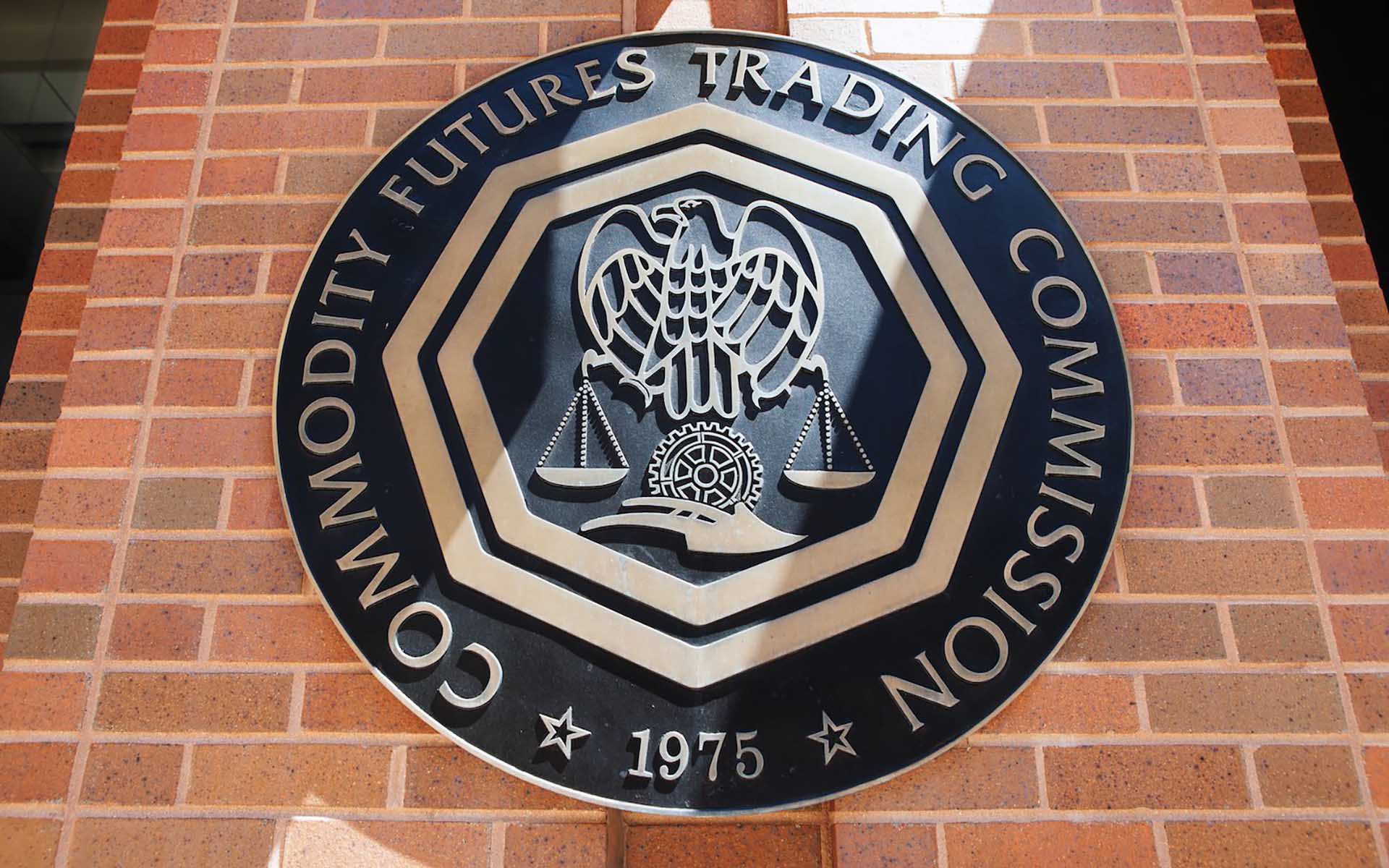U.S. Regulator Investigates Meme Coin Fraud Involving Crypto YouTuber
04.08.2024 9:30 2 min. read Alexander Stefanov
The Commodity Futures Trading Commission (CFTC) has recently investigated a meme coin fraud case involving prominent crypto YouTuber Ben Armstrong, also known as BitBoy.
Recent reports indicate that the CFTC has issued a subpoena to Hit Network, a crypto media company formerly associated with Armstrong. This subpoena covers 15 cryptocurrencies, including the meme coin BEN, which is linked to BitBoy.
On July 16, the CFTC took action against Hit Network as part of its crackdown on fraudulent activities involving these 15 tokens, including the BEN meme coin. Armstrong had promoted all these tokens on his YouTube channel, where he claimed some could see up to 100x returns. However, many of these tokens performed poorly in the market.
It’s important to note that the subpoena targets Hit Network specifically, not BitBoy himself. Armstrong has expressed satisfaction with the CFTC’s approach, as the subpoena does not directly name him. Although he was previously affiliated with Hit Network, their partnership ended amid controversies.
The promotional videos for these tokens were created before March 2021, with the exception of BEN. Hit Network, initially popular with Armstrong as the host, eventually faced challenges.
Armstrong’s association with Hit Network ended in August 2023 due to allegations of substance abuse, which he denies, stating he only used diet pills and steroids. He also faced legal issues, including an arrest related to disputes over a Lamborghini with a former business partner. Armstrong is currently involved in legal proceedings with Hit Network over these issues.
Armstrong has commented on the situation, asking for people to pay attention to his side of the story, especially in light of the CFTC’s investigation. Although he has been accused of promoting crypto scams, Armstrong claims that his involvement with BEN was unintentional.
The BEN token, which was originally created by an anonymous influencer known as ben.eth in May 2023, later involved Armstrong, who briefly led the project before stepping down and then returning as CEO. This involvement has sparked significant discussion in the crypto community.
-
1
Pennsylvania Man Sentenced to 8 Years for $40M Crypto Ponzi Scheme
28.06.2025 11:30 1 min. read -
2
Crypto Theft Surges to $2.1B in 2025: State Actors Lead Historic Wave of Attacks
27.06.2025 16:30 2 min. read -
3
Solana PumpFun Bot Turns Out to Be Malware in Disguise
04.07.2025 9:00 2 min. read -
4
Hackers Steal $140 Million from Brazilian Central Bank, Launder Funds Through Crypto
05.07.2025 11:00 2 min. read -
5
Investor Loses $6.9M After in TikTok Crypto Scam
16.06.2025 19:00 1 min. read
U.S. Court Ends Tornado Cash Legal Dispute, Marking Win for Coin Center
A legal clash between Coin Center and the U.S. Treasury Department over sanctions imposed on Tornado Cash has officially come to an end, following a joint decision to dismiss the case.
Hackers Steal $140 Million from Brazilian Central Bank, Launder Funds Through Crypto
A sophisticated cyberattack targeting Brazil’s central bank reserve accounts has resulted in the theft of over $140 million (R$800 million), much of which was swiftly funneled through cryptocurrency channels.
Solana PumpFun Bot Turns Out to Be Malware in Disguise
A malicious open-source project on GitHub disguised as a Solana trading bot has compromised user wallets, according to a July 2, 2025, report by cybersecurity firm SlowMist.
Pennsylvania Man Sentenced to 8 Years for $40M Crypto Ponzi Scheme
The U.S. Department of Justice has sentenced Dwayne Golden, 57, of Pennsylvania to 97 months in prison for orchestrating a fraudulent crypto investment scheme that stole over $40 million from investors.
-
1
Pennsylvania Man Sentenced to 8 Years for $40M Crypto Ponzi Scheme
28.06.2025 11:30 1 min. read -
2
Crypto Theft Surges to $2.1B in 2025: State Actors Lead Historic Wave of Attacks
27.06.2025 16:30 2 min. read -
3
Solana PumpFun Bot Turns Out to Be Malware in Disguise
04.07.2025 9:00 2 min. read -
4
Hackers Steal $140 Million from Brazilian Central Bank, Launder Funds Through Crypto
05.07.2025 11:00 2 min. read -
5
Investor Loses $6.9M After in TikTok Crypto Scam
16.06.2025 19:00 1 min. read


